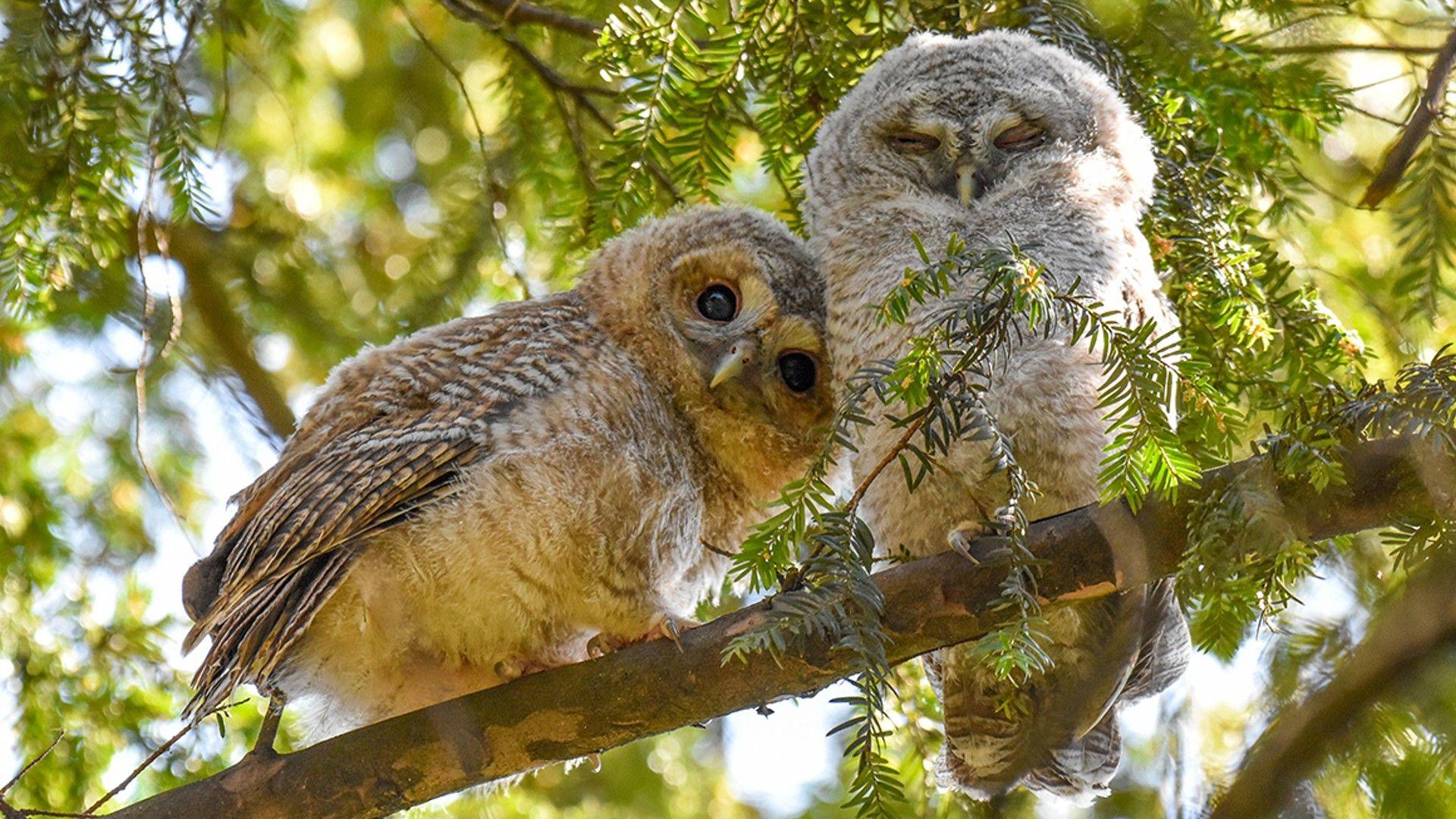'Cherished' bearcat scientifically frozen to help protect species
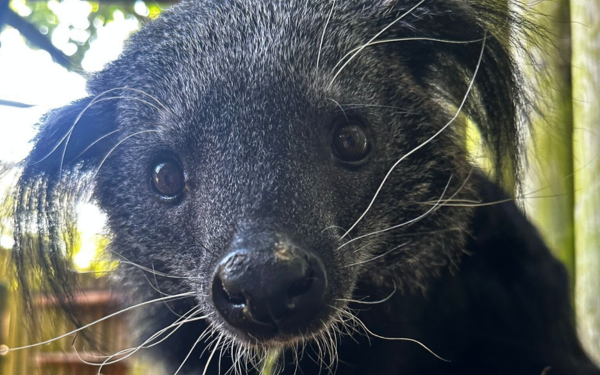
Penh was one of just three Cambodian binturongs in European Zoos
- Published
A "tomato loving" mammal who lived at a zoo in Sussex is being cryogenically frozen to help protect the future of his species.
This is a technique where important genetic information about a living thing can be preserved after they die.
Penh was one of only three Cambodian binturongs in European Zoos. They are also known as bearcats.
Drusillas Park, where the bearcat had lived since 2010, described him as "a true gentleman". The zoo hope his legacy will live on thanks to developments in science.
More interesting animal stories
Alligators survive the cold by 'turning into ice cubes'
- Published25 January 2024
Amazing images reveal what zoo animals get up to at night
- Published30 April 2024
Scientists want to send endangered animals to the Moon... sort of!
- Published1 August 2024
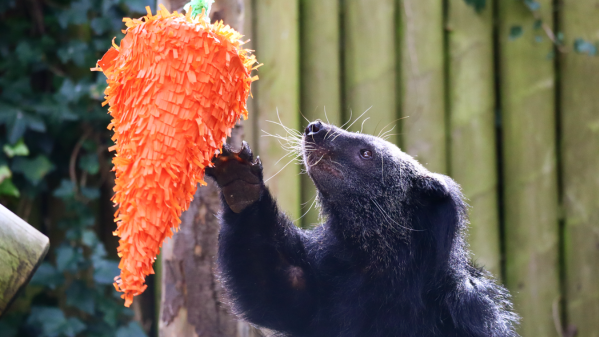
Penh died at the end of July at the grand old age of 18.
What is cryogenic freezing?
Genetics from rare and endangered species can now be preserved. Genes are sections of DNA that code for specific characteristics or proteins and are passed down from parents.
Nature’s SAFE is one of the world’s first living biobanks - where biological samples are stories.
Staff there work alongside vets to get different types of cells and cell tissues to store in their biobank after an animal dies.
They are able to keep cells frozen in a living state, so that they can be thawed and used in endangered species breeding programmes.
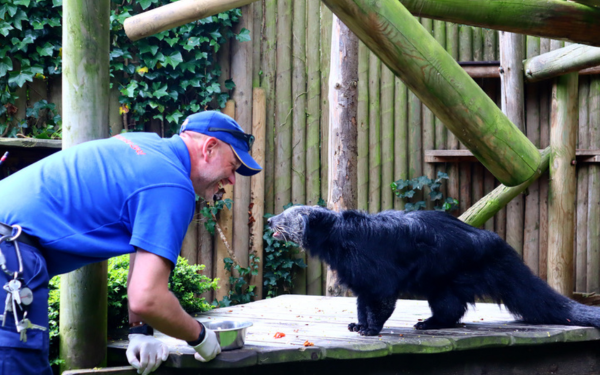
Penh was a 'cherished' resident at Drusillas Park
The long-term goal is to cryobank 50 genetically distinct individuals from each species to prevent extinction.
More than 30 zoos and wildlife parks across the UK are working with the programme to support the survival of endangered species.
In a statement, Drusillas Park and Nature's SAFE said: "Together, we are ensuring that future generations will continue to witness the wonderful diversity of the natural world."
More stories like this one!
- Published20 August 2024
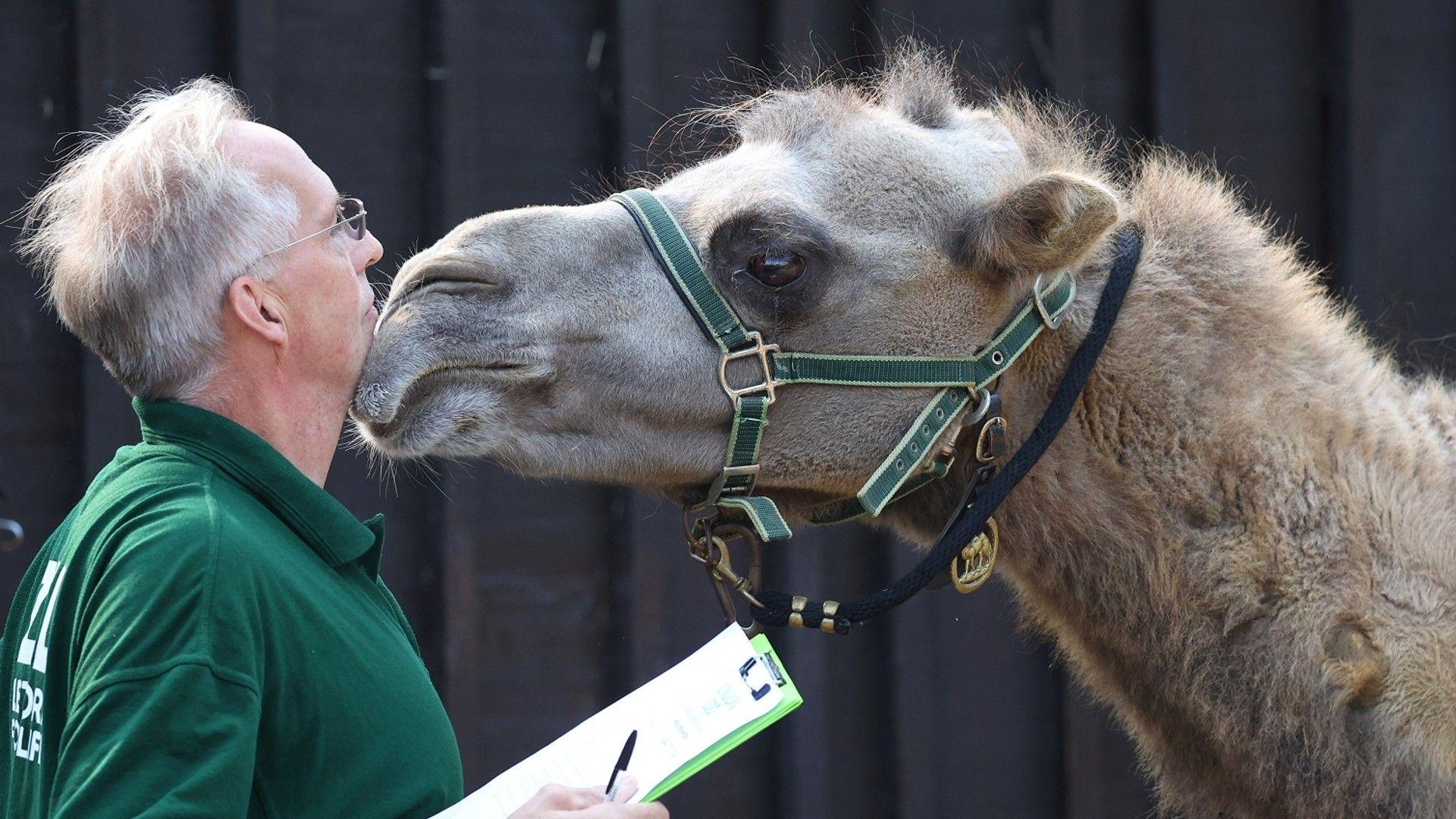
- Published2 May 2024
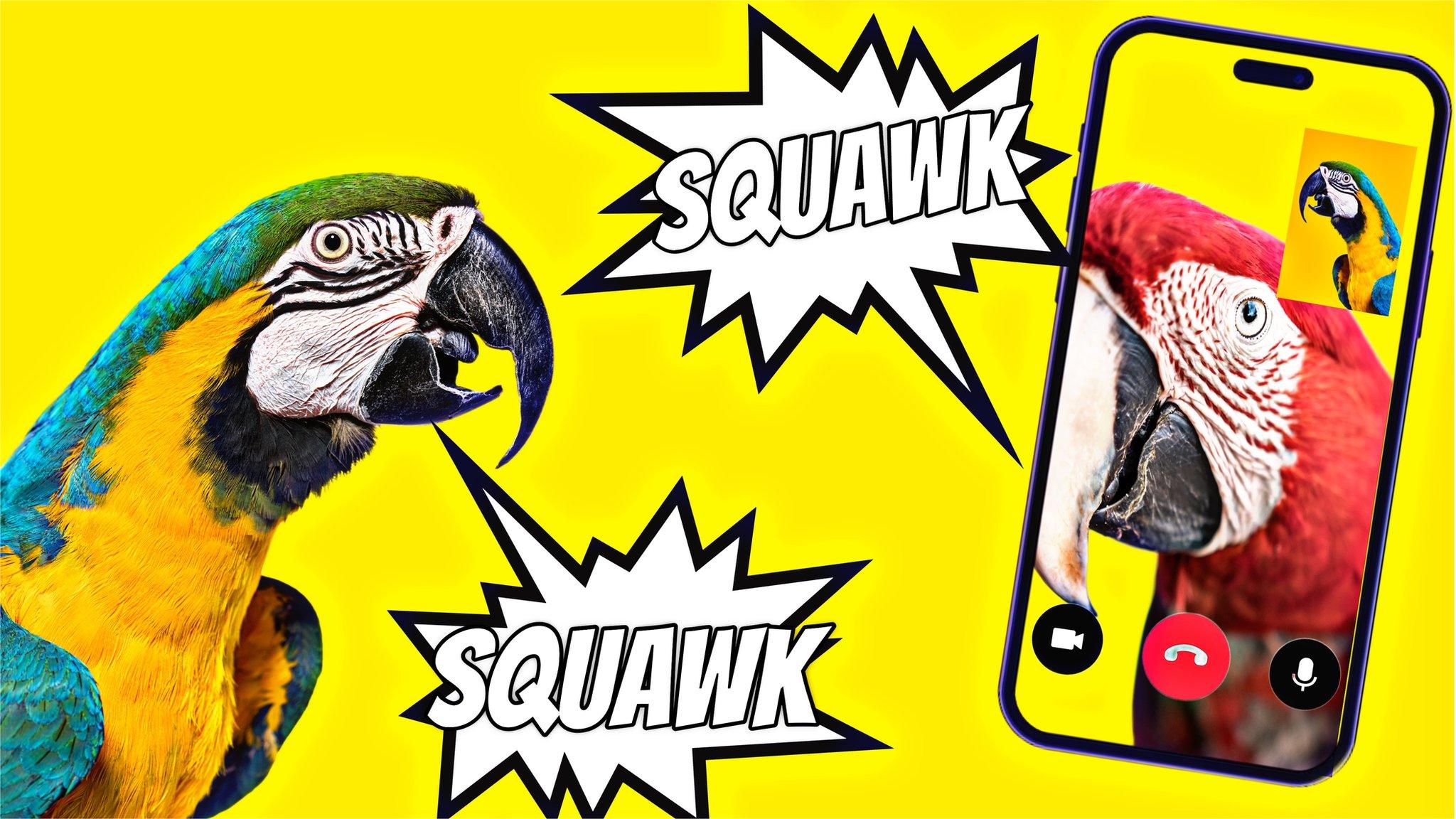
- Published29 August 2024
